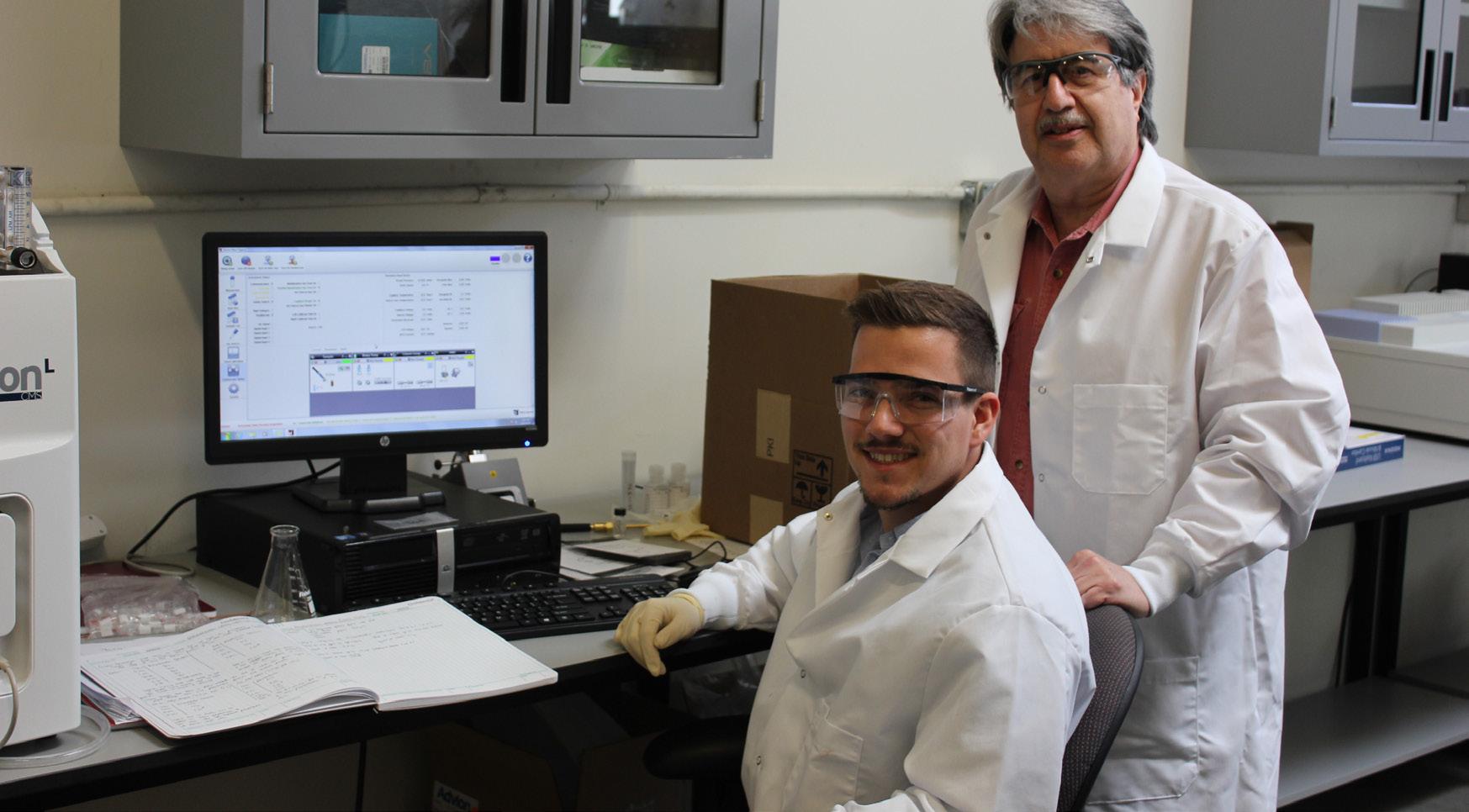
3 minute read
Inclusive Internship Programs
BUILDING AN INCLUSIVE WORKPLACE
Laying the groundwork for an inclusive internship program is to ensure that workplace culture embraces diversity in all forms, including disability. Building an inclusive workplace is a major facet of the modern workforce. A study by Forbes shows that most employers recognize the benefits of diversity; 97% of companies surveyed have a formal diversity plan in place. Employers strive for diversity because an inclusive workforce drives innovation, fosters creativity, and guides business strategies. Companies no longer view diversity and inclusion efforts as separate from their other business practices. They also recognize that a diverse workforce can differentiate them from their competitors and can help them capture new clients and increase market share.
Advertisement
As the topic of diversity appears throughout this guide, it signifies any number of experiences or characteristics that people bring to the workplace. Race, ethnicity, and sex are common factors in diversity initiatives, but it is also important to consider sexual orientation, gender identity, age, and disability when striving towards inclusion because they are often overlooked. As employers strive towards full inclusion in the workplace, they should incorporate a comprehensive definition of diversity that applies to all hiring practices, including internship programs.
INTERNATIONAL STUDENTS
The most common visa types employers will see on college campuses, when recruiting international students for either full-time or internship positions are the F-1 and J-1 visas.
An F-1 visa is granted to a person coming to the United States to attend an academic institution or language training program approved by the U.S. Attorney General for study by foreign students. The visa holder plans to return home after completing studies. This is the most common nonimmigrant visa for an international student attending undergraduate and graduate school. Students are granted F-1 status until the completion of the academic program and 12 months of post program practical training. The purpose of the F-1 visa is to provide an opportunity for study in the United States. Anything outside of study, including employment, is an exception to the visa. Authorization for employment is strictly limited to certain situations.
• The student holding F-1 status for a full academic year and in good academic standing may work off campus. Such work authorization is granted when the student has sustained unforeseen economic hardship. Also, the student may not work for more than 20 hours per week when school is in session, but may work full time during holidays and vacations, including breaks between terms, provided the student intends to register for the next school term. • Curricular Practical Training: An F-1 student may perform curricular practical training prior to the completion of the educational program as part of his or her educational experience. The U.S. Citizenship and Immigration Services (USCIS) defines this type of training as ‘alternate work/study, internship, cooperative education, or any other type of required internship or practicum that is offered by sponsoring employers through agreements with the school.’ • Post-Completion Practical Training: This is temporary employment directly related to the student’s major area of study that takes place after the student completes a full course of study. Authorization for this training may be granted for a maximum of 12 months of full-time or part-time work. Those on a student visa can only gain authorization once for this type of training.”
The above information is adapted from “Legal Issues, Common Questions About Internships, 2005” by Rochelle Kaplan, General Counsel for the National Association of Colleges and Employers (NACE). Reprinted with permission of the National Association of Colleges and Employers, copyright holder. For more information on these and other legal issues related to hiring, see the NACE website at www.naceweb.org.
As a member of the National Association of Colleges and Employers (NACE) Career Development and Alumni Engagement adheres to the Principles of Professional Practice as outlined by NACE. The principles presented here are designed to provide practitioners with three basic precepts for career planning and recruitment: • Maintain an open and free selection of employment and experiential learning opportunities in an atmosphere conducive to objective thought, where job candidates can choose to optimize their talents and meet their personal objectives; • Maintain a recruitment process that is fair and equitable; • Support informed and responsible decision making by candidates.
Source: NACE www.naceweb.org








